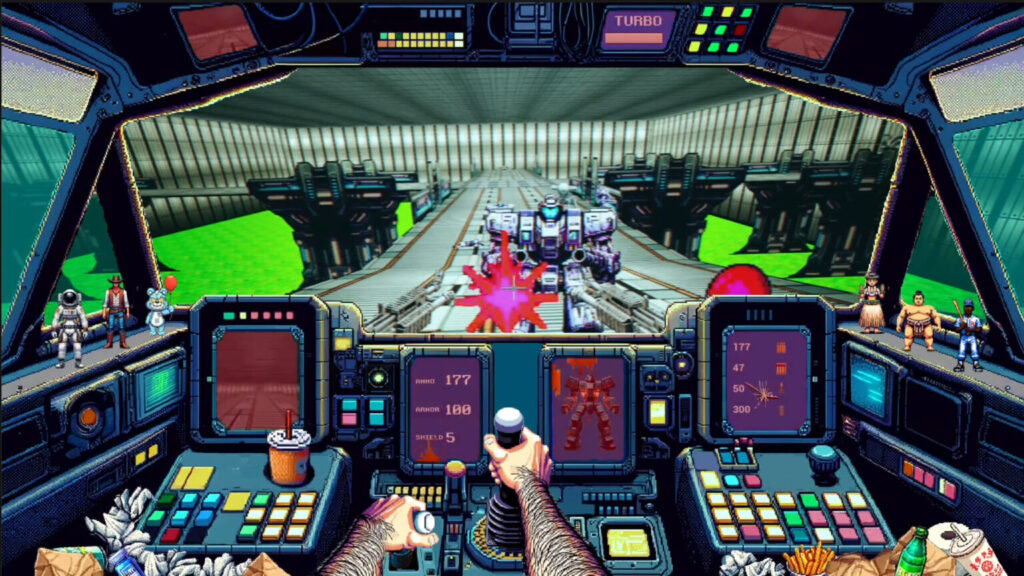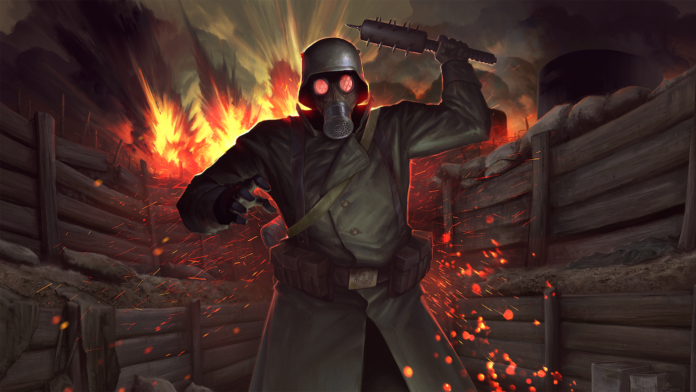Here at PreMortem.Games, we have great admiration for developers who tackle the entire game development cycle on their own. Because, let’s be honest, creating games is hard and it takes a special kind of developer to choose the solo path. This year, we featured 22 inspiring creators in our Solo Developers-series and we love to share some of their highlights in these final days of the year.
Stressful
During the day he works as a Senior Software Engineer at Blizzard Entertainment, creating games like Hearthstone. In his spare time however, Evan Polekoff likes to work solo on whatever crazy project his mind thinks of. For the last five years, off and on, he worked on Critter Crossfire, a turn-based tactics and first person shooter hybrid. “This game represents me as a developer”, he says. “I get excited to implement wacky ideas!” But the stress of work can take its toll, and part of the reason why the development of Critter Crossfire is taking this long is because Polekoff had to take breaks. “Burnout is a very real threat to solo-developers”, he says. “There have been a few 6-month breaks there.”
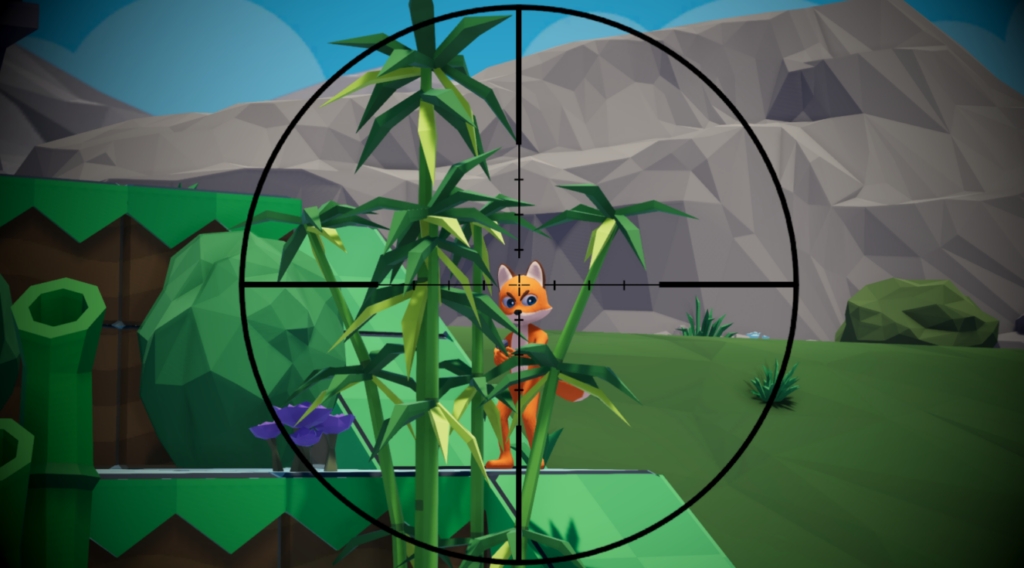
Inspiration
Solo developer Hitori (working under the name Hitori De productions) always dreamt of creating games by himself. For his debut game Supernormal, Hitori was inspired by the much-hyped, but never-released horror game Allison Road. In fact he even asked creator Christian Kesler permission to use Lilly’s design for his own game. “It was relatively easy. Chris is a wonderful and very understanding person, so he had no objections.”
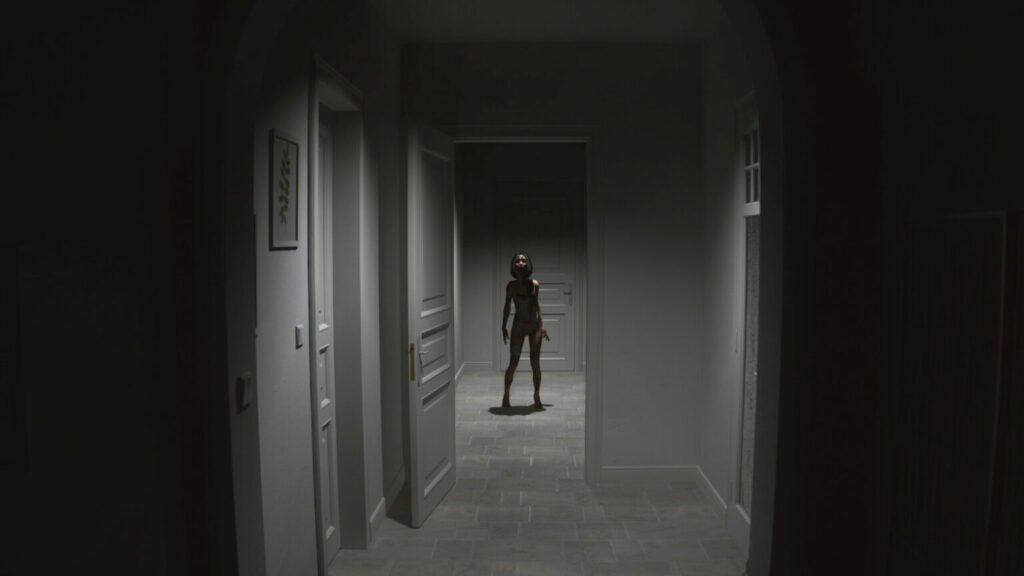
Life changes
All of his life Csaba Putnai has had a fascination for games, but he was well in his forties when he took the step to actually develop a game himself. His debut game Bob: A Thousand Lives, a dark themed action game about a boy that has to escape his all-consuming past, was released last year. “After the loss of my father, I began working on the Bob project and realized that the story and concept had been with me for years”, he says.
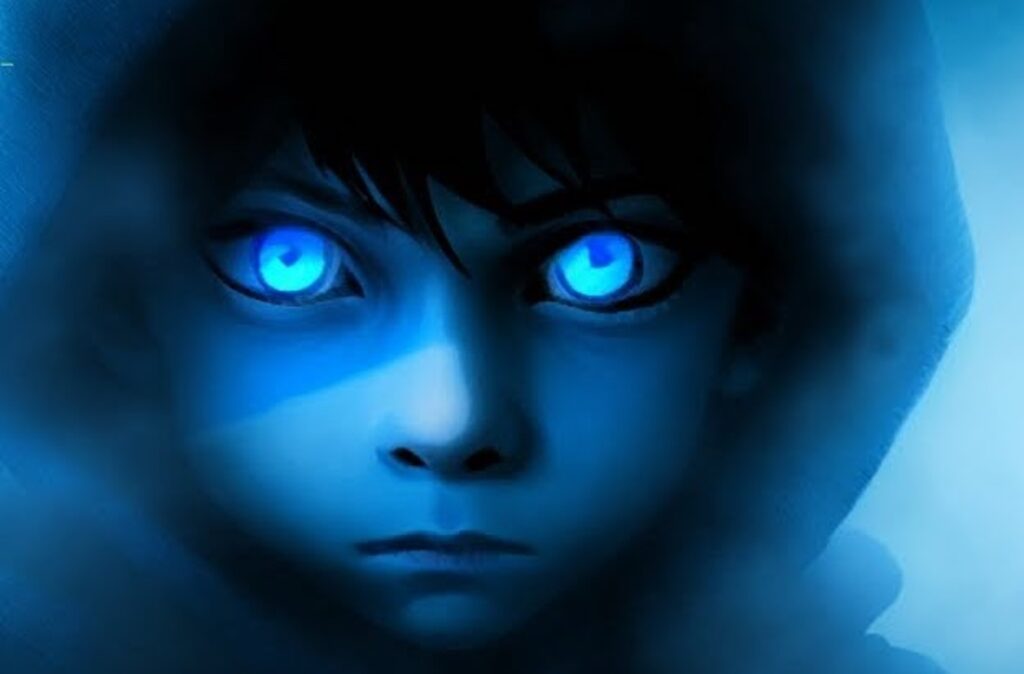
Life lessons
He worked 5 years on his nostalgic 3D platformer Raccoo Venture, but according to Brazilian solo developer Diego Ras the journey was ‘extremely rewarding’. He started his career in advertising, but the world of video games always held his real interest. During development Ras experienced some moments of burnout and demotivation. “It is important to understand that those moments are part of this journey and finding ways to get around these moments is also part of development.”
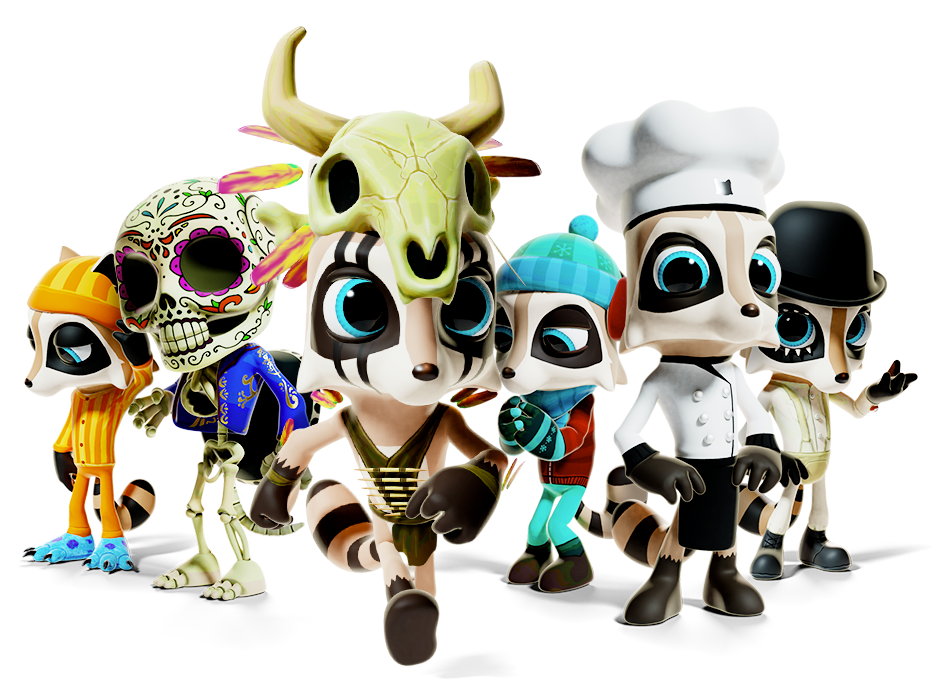
Pivot
His latest game Doggy Don’t Care started as a diversion for a serious project about grief Rohan Nowell was working on. “It became overwhelming, so I wanted to make something silly, fun, and kind of stupid to mix things up.” Doggy Don’t Care is all those things in the best possible way. Still, Nowell strives to maintain a healthy work-life balance. “I’m also trying hard to learn how to separate my game development and personal life. I don’t want to work on my game 7 days a week. I want to work smart, not hard.”
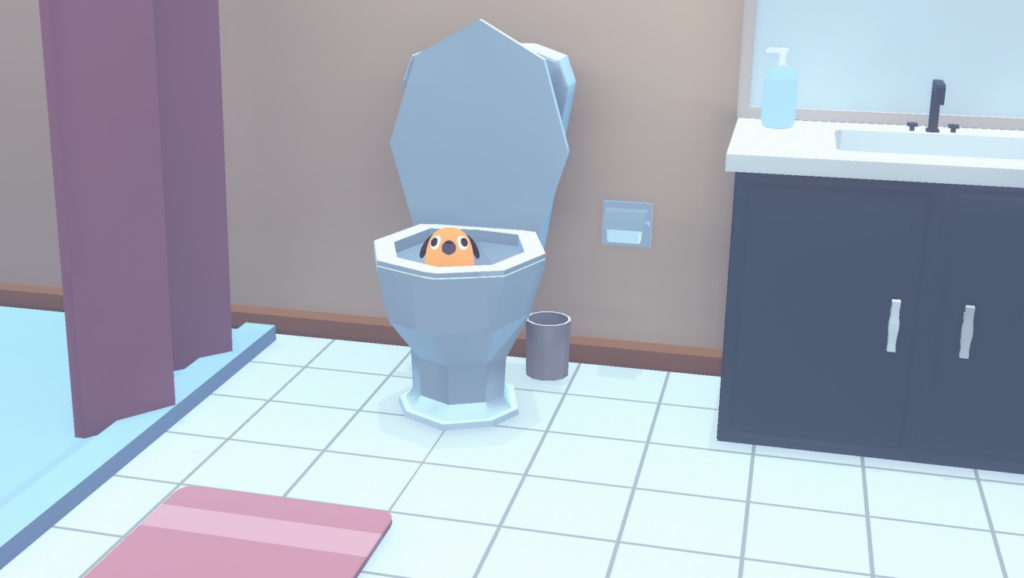
Career change
In the upcoming horror platformer Unlife, players have to navigate a post-apocalyptic world where mankind is all but wiped out from a nuclear war. Developer Dmitriy Gusev, operating under the name Diedemor Studio, made this game by himself. “This has been one of the most complex games for me so far”, he admits. The solo developer worked six years as a doctor before drastically changing his career and going for game development. “I just love creating games”, he explains.
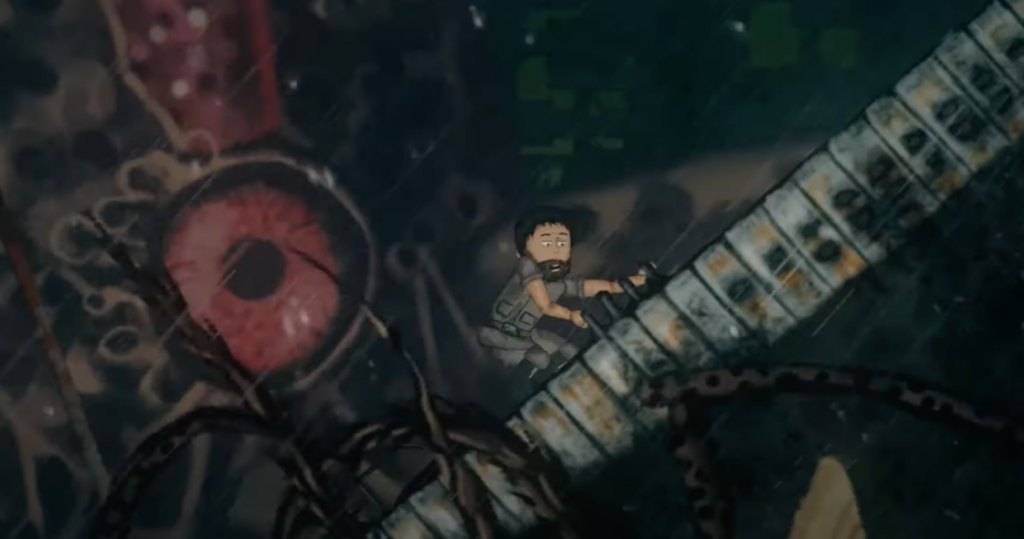
Human touch
Operating under the name RodentGames, Jason Larabie has taught himself the necessary skills to create his upcoming game Artificer’s Tower, a happy mix of base building, management sim and boss battles. “I simply couldn’t shake off my passion for making games”, says Larabie. “So, I ended up living a dual life, working my day job and moonlighting as a developer.” He has a simple trick to prevent severe tunnel vision. “I have a reminder in my phone: ‘Be a Human’ to remember to contact friends and family!”
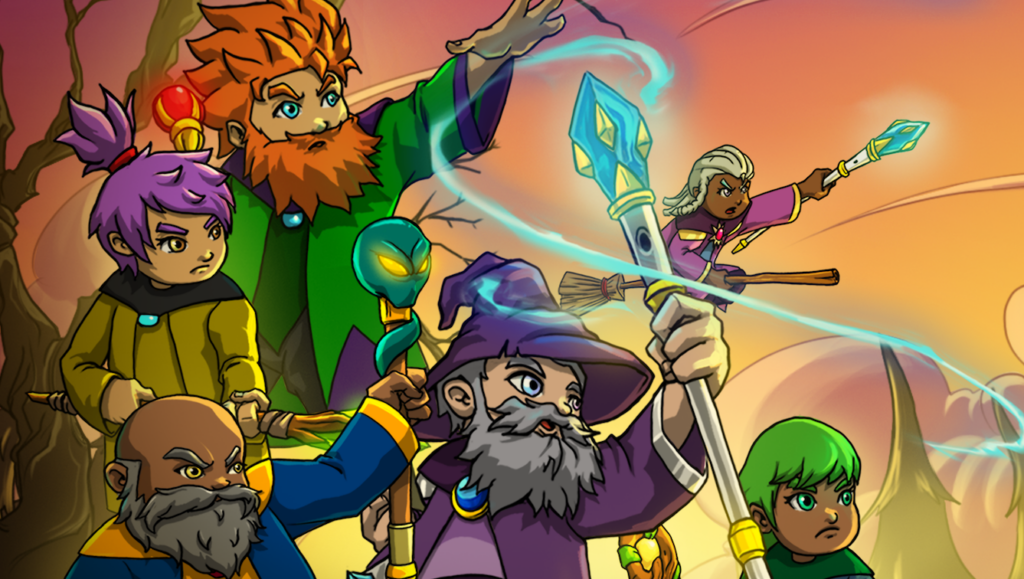
Financial success
Solo dev Tuomas Auronen, operating under the name Redbeak Games, looks pretty relieved three days after the launch of his game Mortal Glory 2. When his last game, that he spent 17 months working on, flopped, Auronen felt the pressure to make enough money to support his family. Especially since he recently became a father. In a picture he shared on X, he happily points at the screen that shows revenues are coming in through Steam. “Mortal Glory 2 has been a financial success so far”, he says. “It won’t make me rich, but it will give me peace of mind when making my next games.”
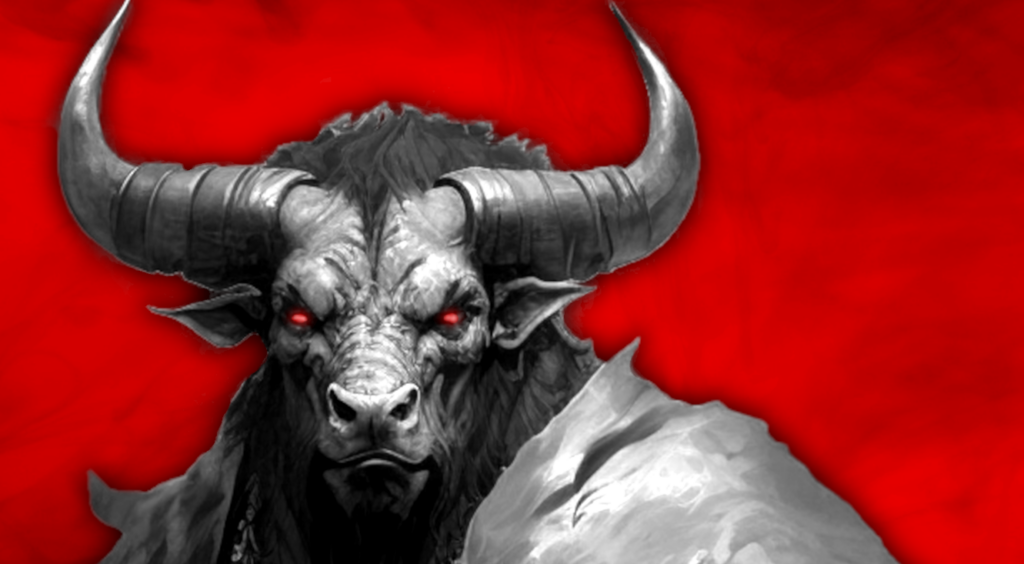
Recharge, laugh and love
In the 2D side scrolling horror game Terror at Oakheart players follow a diverse cast of characters that are all destined to die gruesomely at the hands of a psychotic serial killer known as Teddy. The game is developed by Californian solo dev Michael Cosio, working under the name of Tainted Pact. To make sure he doesn’t get lost in his work, Cosio has a schedule and makes an effort to stick to it. “Allowing yourself the time to recharge, laugh, and love helps keep your head in a good place”, he says.
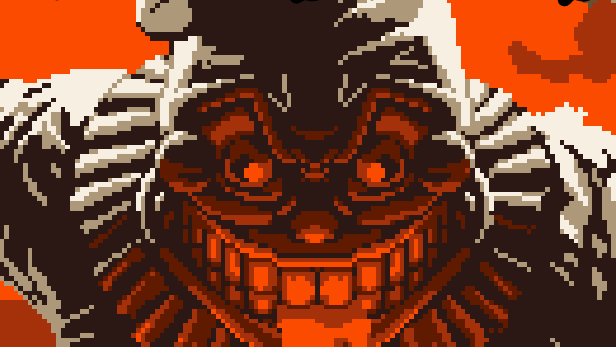
Strategic partners
Solo developer Walter Woods, working under the name of Here Below has a vision of becoming the A24 of game companies. “Solo and tiny dev teams have a lot of superpowers, but we have some weaknesses too”, he explains. “Here Below is an attempt to pool resources between small devs. Strategic partners are crucial. You can be a solo dev, but you need the right partners to push your project forward.”
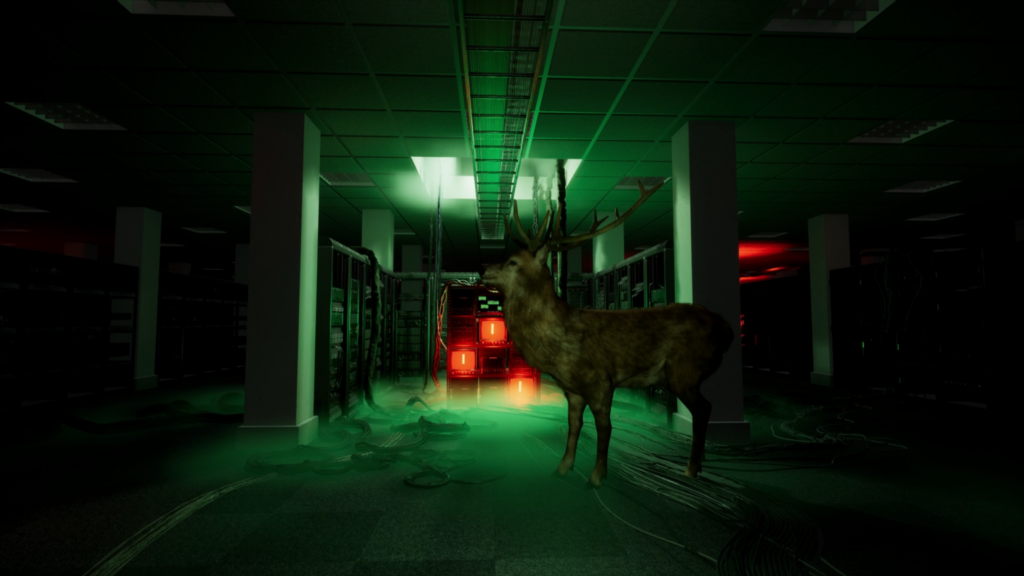
Player feedback
French solo dev Matthieu Houllier, operating under the name Brute Force, has been making games by himself for five years. Because Houllier is working alone, he needs player’s feedback to shape his games. “I prioritize creating content based on what I believe will facilitate the game’s marketing efforts”, he explains. “Depending on the response from social media, I decide whether to continue expanding on those ideas or not.” The Kickstarter campaign for his second project Paper Sky reached its goal earlier this year.
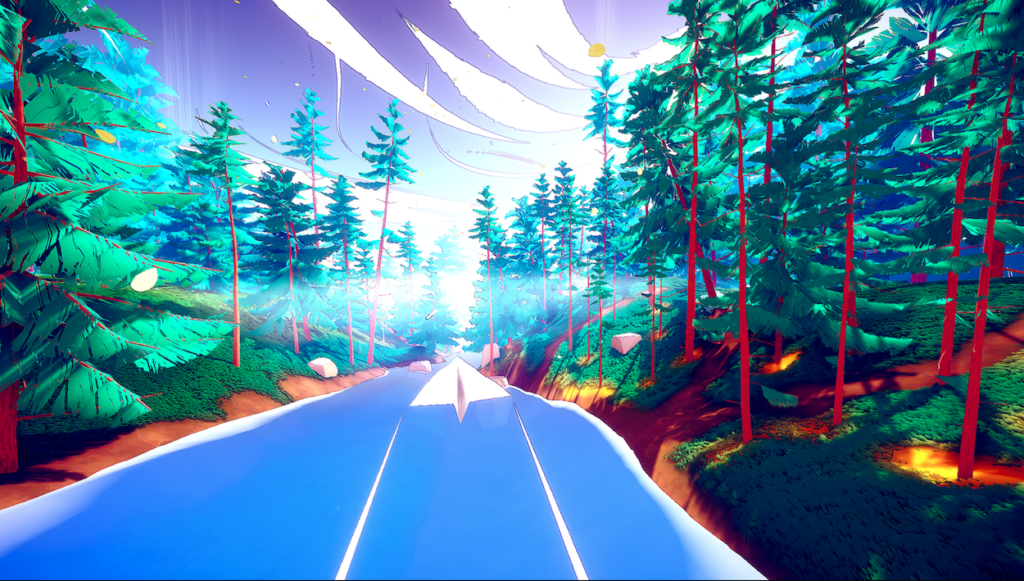
Discipline
Jason Nicot, a French solo game developer operating under the name Choose Red, recently announced his latest game Sanctua. In this co-op multiplayer game a group of players have to work together to escape a cursed tomb. Nicot knows the answer to the biggest pitfall of solo development. “You must have the right mindset and discipline to launch yourself into two, three years or more of work, without income, without any guarantee of success. Sometimes working 10 or 12 hours a day, 6 days a week, on a project you wrote months ago.”
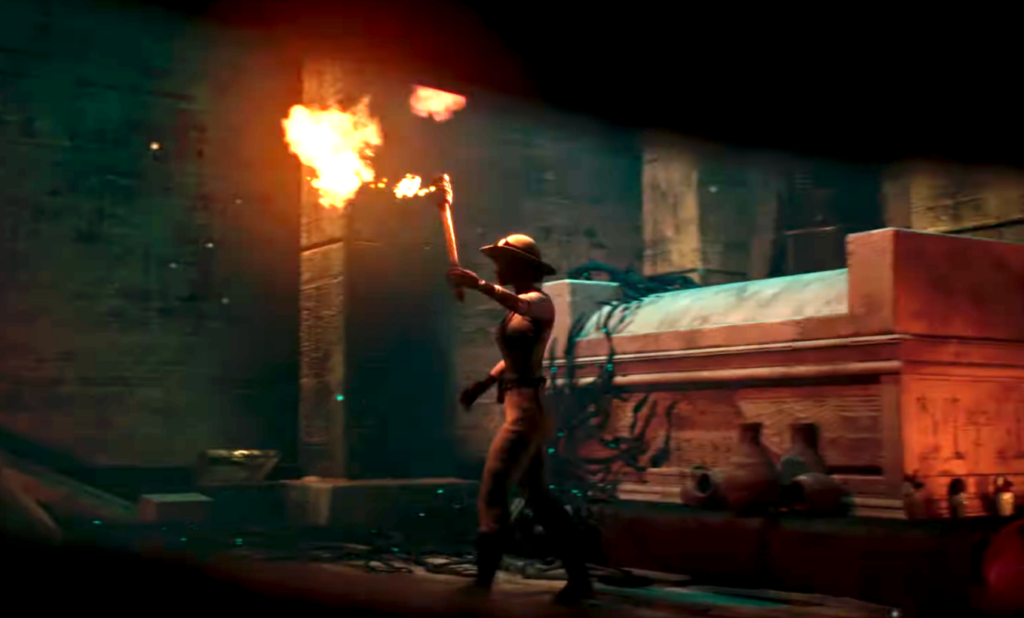
Team up
It was right at the beginning of the pandemic, in early 2020, when Austrian indie dev Dominik Hackl started working on Summit, a 2D mountain-climbing Metroidvania. Without much game dev experience he relied on YouTube dev vlogs to help him along. Three years later the game launched without much success. So what went wrong? “It takes quite a while to get the player hooked. So I needed a more focused gameplay and core gameplay loop,” he says. For his next game project, Hackl wouldn’t mind teaming up. “I still enjoy dipping my toes in all disciplines but I am a lot more eager to team up with other specialists now,” he admits.
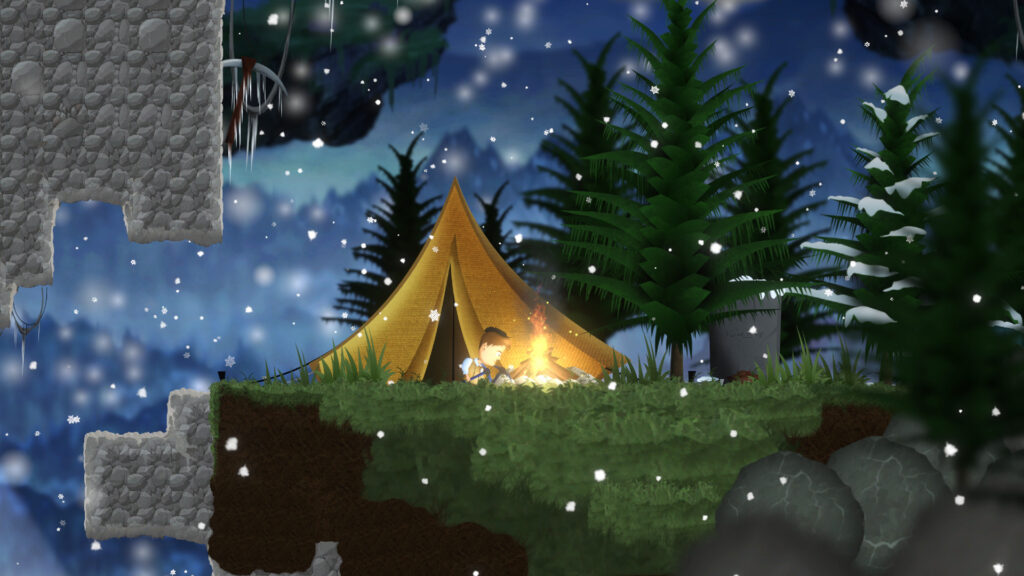
All in
Jordan Mochi has been working on his debut game Conscript for 6 years under the name of Catchweight Studio. Despite being a solo dev all that time, he never really struggled with his motivation. “I feel like I was put on Earth to make this game”, he says. “I’ve sacrificed a lot of my 20’s to make this game, and so I’ll do everything in my power to make sure that wasn’t in vain.” The Australian developer had no previous experience when he decided to download GameMaker and give it a go.
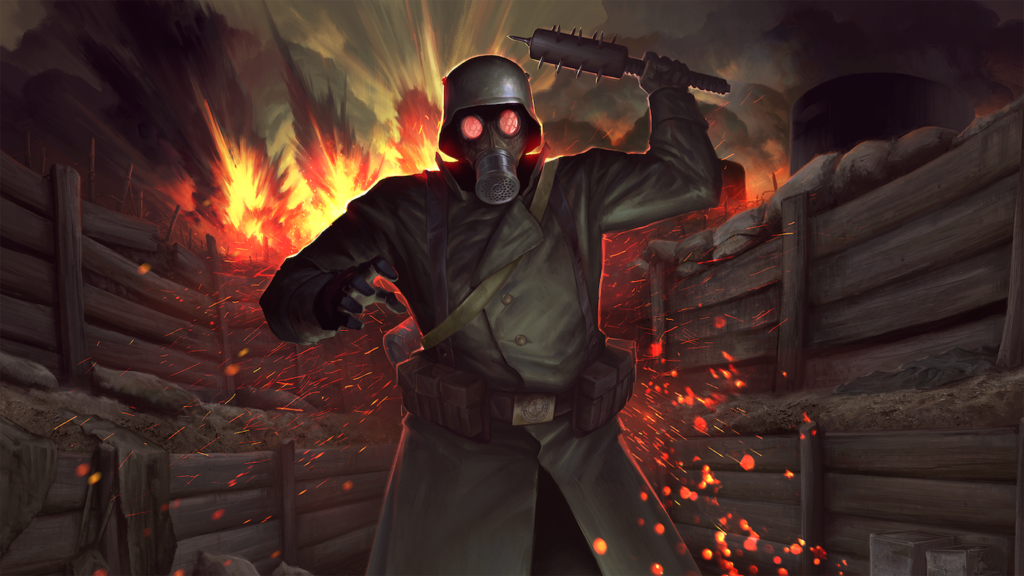
All consuming
Canadian developer Lincoln McCulloch, working under the studio name Uncle Grouch Gaming, spent the last five years creating the upcoming Dungeons & Kingdoms. An ambitious game that combines medieval city building and kingdom defense with ARPG combat and monster hunting. “So, I basically made the game I’ve always wanted to play,” says McCulloch. He was working as a software developer while also making independent films and playing in a band before McCulloch turned all his time and attention to game development. Now, it totally consumes him. “This is easily the most work I’ve ever done and it goes on that way for years,” he explains. “There are no days off. There are no holidays. You get so deep into the design and being consumed into the headspace of what you’re doing that taking time off just doesn’t work.”
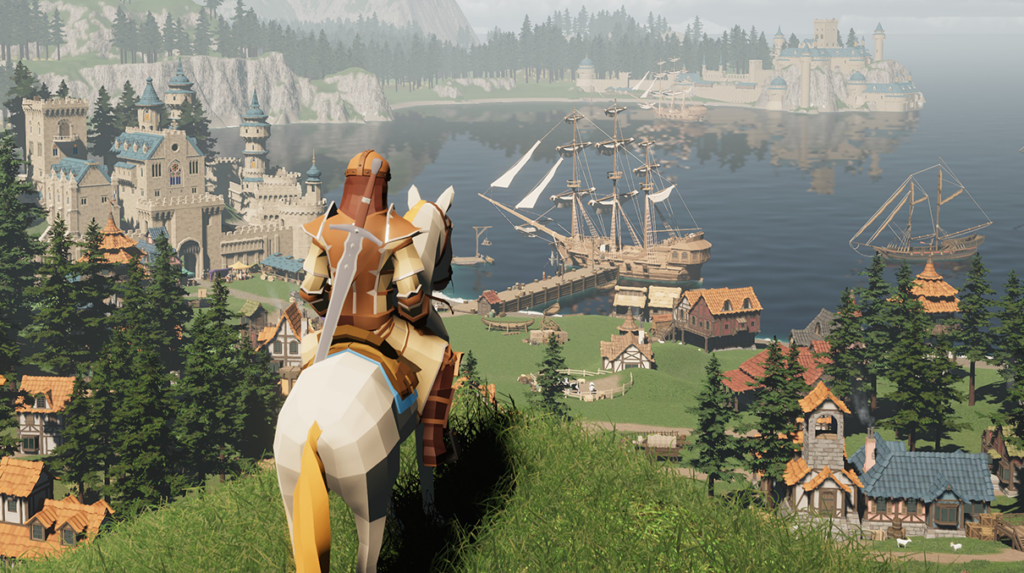
Lonely
Oscar Salandin, known as Peculiar Pixels, received a major validation for his debut game, BOTSU Ridiculous Robots, by being named the Overall Winner at the Develop Indie Showcase Awards 2024. The English solo developer began his journey right after the Pandemic. He had saved enough money to live comfortably for a few years while pursuing his game development dream. “Inevitably, I’ve gone over time and over budget,” he says. “Finances and time running out are probably the biggest source of stress for me.” Also, solo dev can get lonely at times. “I work alone at home, so I will often go all day without saying a word or laughing until my partner gets home, which is very weird for me as I’m quite sociable.”
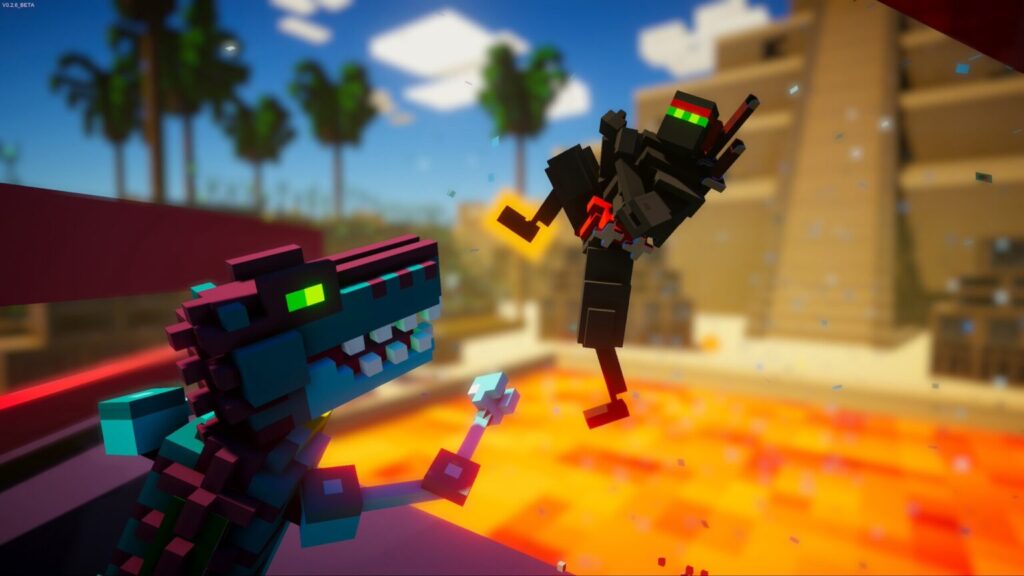
You and your dog
Oleg Danilov, the creative force behind the game Sixty Four, didn’t set out to become a solo developer, it emerged naturally from his circumstances. “For me, ‘solo developer’ is just a label,” he explains. He values the autonomy it provides, allowing him to pursue his vision without external pressures. “You can make something that only you and your dog would like. Or try to make a game designed to be loved by every person in the world. It’s up to you if you work alone.”
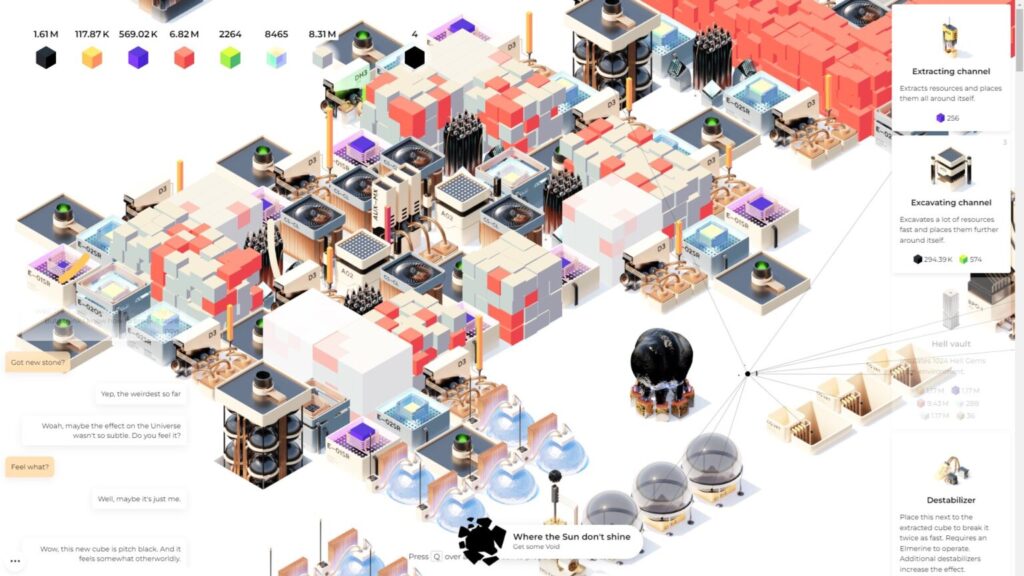
ChatGPT
Tomasz Kaye had prior game development experience, with credits on Ibb & Obb and Chalo Chalo, but this time he went solo for his latest creation Axe Ghost. “It wasn’t exactly a deliberate choice,” he explains, “I had a small game idea that I wanted to finish and publish, and it seemed doable alone.” Kaye embraced the use of Large Language Models, which he credits with saving valuable time. “I used ChatGPT heavily while writing the backend Amazon service that handles the daily challenge.”
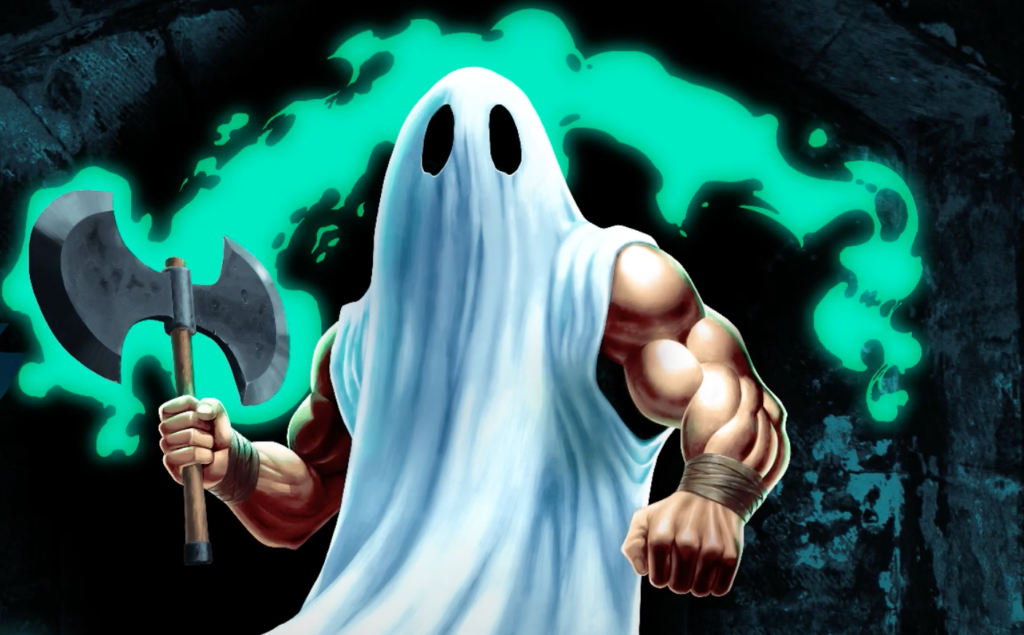
Playtesting
Patrik Nagy, a 20-year-old software development student from Hungary, began working on simple games at age 12, driven by a passion for programming and game development. His latest and most ambitious project, Backrooms Media, dives into the eerie lore of the Backrooms. By organizing public tests and using player feedback to improve the experience, he has released a version of the game in Early Access on Steam that nevertheless received mixed user reviews. “No amount of playtesting is ever enough,” he says. “I tried to ensure I heard all the players’ opinions, but there were still flaws at release.”
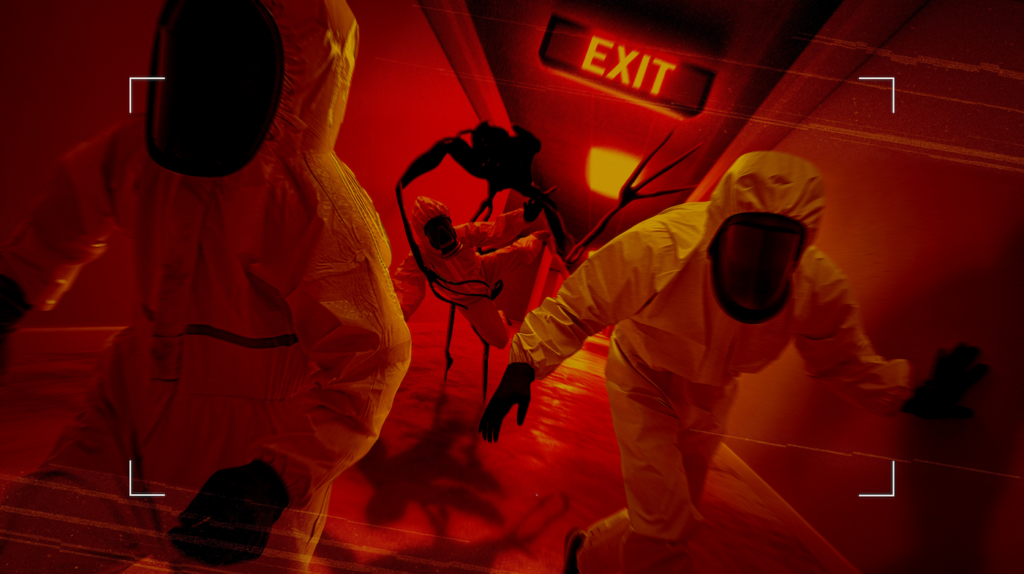
War (what is it good for?)
In the upcoming Sci-Fi Action-Puzzle FPS IHAS, from Ukrainian solo developer Vladyslav Pidiashenko, players wake up aboard a giant, desolate spaceship swarming with hostile robots. “I started to work on the game in January 2022, a month before the war started. Luckily, when it started, I happened to be in a relatively safe place. It definitely affected the vibe of the game, making it darker and more depressing, but still having hope for the future.”
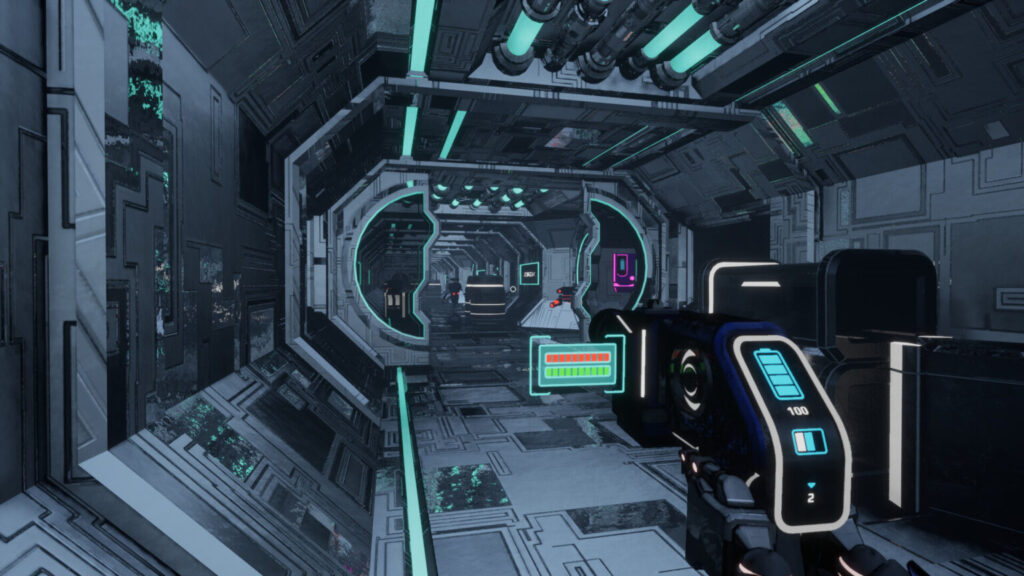
Difficult
For Chad Crumbaker (working as KRUMB Games), it was the promise of full creative freedom that drew him into the world of solo development. “I was an early adopter of Unreal Engine 4 and always wanted to get into game development,” he says. Yet, the challenges are as steep as they are numerous. “Making games is extremely hard. You have to not only be creative in a way that appeals to others but also have the technical skill to do every part of the process,” he explains. With the finish line in sight, Crumbaker is putting in seven-day work weeks, and has been for a while. “I didn’t think it would be this difficult, but I’m happy I did it though.”
